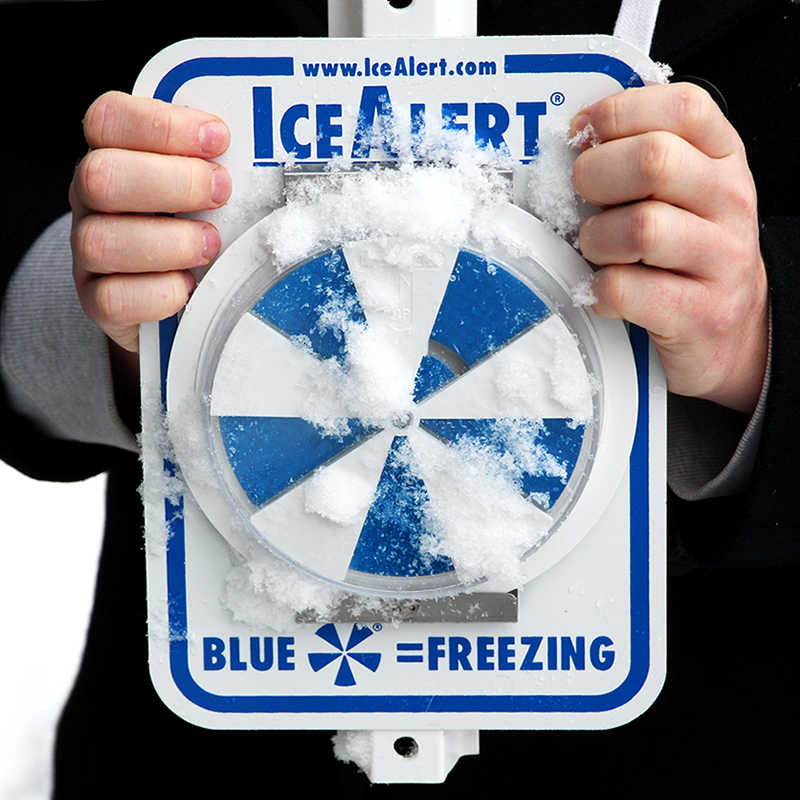

The product isn’t distributed by way of different retailers, though chances are you’ll discover another websites that hyperlink straight to the fee processor net web page. In any other case, you need to use the conventional web site hyperlink which can be supplied.įorex All Weather Indicator is bought from their web site, that you could check out by way of this hyperlink. For those who do, you can be entitled to a bonus from us. Please use them when you think about this web page has benefited you. These “affiliate hyperlinks” are marked inside the report by this icon. This implies we are going to get a fee from when you click on by way of to their web site by the use of our hyperlink and find yourself shopping for. Even so, we do have an “affiliate” relationship with the product writer.

Please bear in mind that attributable to the truth that we use third-party statistics to create our product evaluations, they’re utterly unbiased.

Photo from NOAA.ĭoes the stripe on the back of a woolly caterpillar indicate the severity of the upcoming winter? This legend has been popular amongst those living in New England and the Midwest for quite some time. Since the sun sets in the west, having a clear sky in that direction typically (but not always) means that calm weather will be in store for the next day.Ī fiery sunset can be good news for those hoping for clear skies the next day. If the sky is clear, this results in more red and orange wavelengths making it through the atmosphere to our eyes. As the sun nears the horizon, it passes through more air and dust molecules that are in the atmosphere, which scatter more of the blue wavelengths of light away. When the sun is setting, light passes through a thicker part of the atmosphere compared to when the sun is directly overhead during the middle of the day. This phrase does have some scientific meaning behind it. Red sky in morning, sailors take warning. Below are some explanations behind some of the more common weather folklore sayings. Some meteorological legends actually do have scientific reasoning to them and others are passed down for fun. Weather folklore has been passed down throughout centuries, but many people often wonder if there is any truth behind these sayings.


 0 kommentar(er)
0 kommentar(er)
